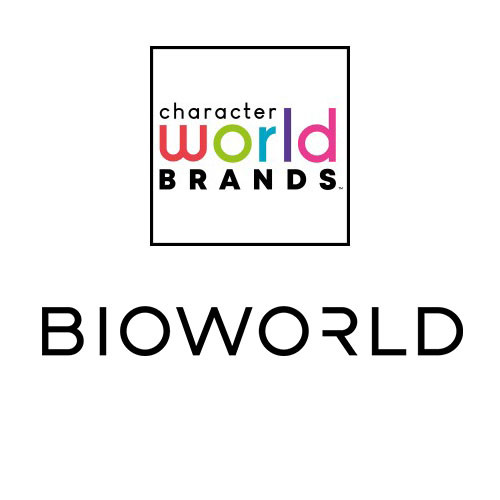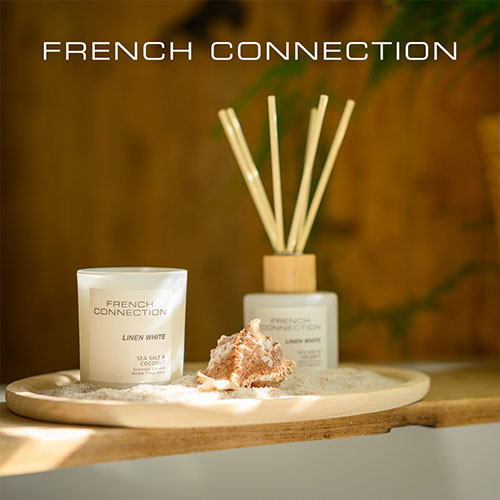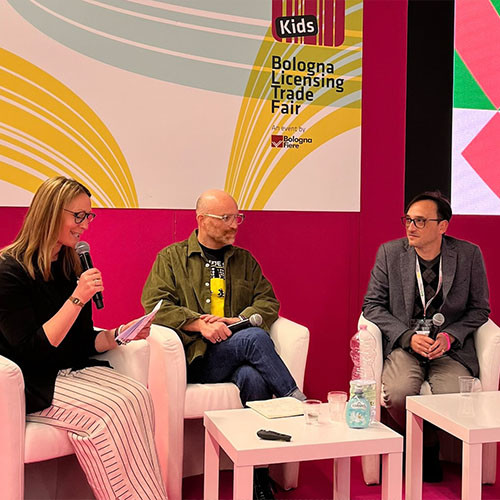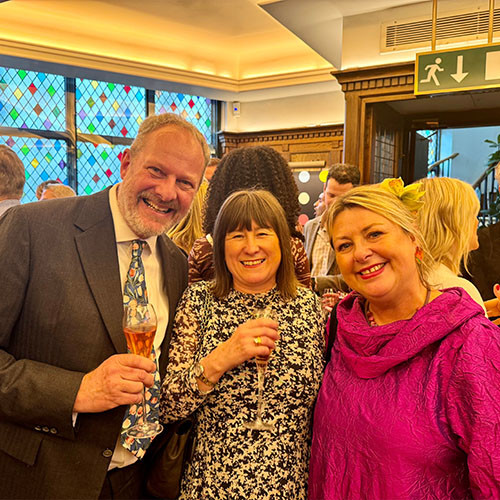Start Licensing’s Ian Downes ponders on classic brands and how they can be kept fresh.
One of the most desirable types of properties to own or represent in licensing is a classic property. They have a great status in the market, normally have long-term partners and are readily recognised by consumers.
As a licensing category it has been recognised in the UK Licensing Awards with its own category – Best Classic Licensed Property – fittingly you can only win it once and the roll call of recent winners makes a very impressive Hall of Fame including Beano, Mickey Mouse, Thomas & Friends and Barbie.
Owning or representing a classic brings challenges as well – one of these is sustaining consumer, retailer and licensee interest. This can be achieved through an amalgam of techniques such as PR, promotions, design refreshment and the nurturing of key relationships.
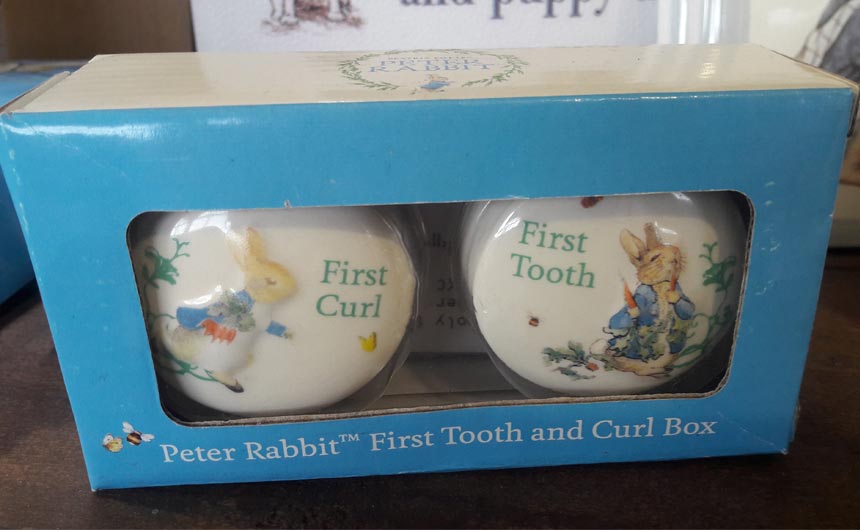
With this in mind, I have been very impressed by the continuing success of Peter Rabbit. At the recent trade shows I saw a lot of new products from existing and new licensees – always a good way of boosting a classic. But I have also been impressed by the good work from long standing licensees such as Enesco. I saw a gift range from them in Squire’s Garden Centre this week – it was made up of ceramic products such as a photoframe and rather neat ceramic keepsake boxes for Baby’s First Curl and First Tooth. This range was blended with a high quality Gund plush line.
Enesco have recognised garden centres are a good source of gifting customers, but have also recognised that it is worthwhile creating ‘gifting’ opportunities that encourage consumers ‘to gift’ – the First Curl keepsake box is a great example of this. Classic properties are a vital part of the licensing landscape, but need proactive management and creative product development.
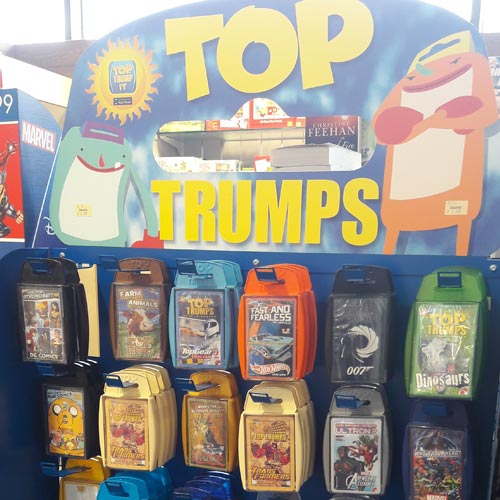
Garden centres seem to be more and more important for licensing – I have noticed how licensees are increasingly likely to create dedicated retail units to achieve better or unique distribution.
Top Trumps have dedicated FSDUs filled with licensed versions of their iconic card game – encouraging product pick up and impulse purchase. Publisher Parragon had also invested in dedicated retail FSDUs to showcase a range of licensed Colouring Floor Pads. Using well known and high impact characters such as Spider-Man and Disney Princess, Parragon has used licensing to grab consumer attention and coupled with a compelling price offer – £4.99 per pad – they have created a good offer that is attractive to retailers such as garden centres. This is new and additional business for them.
I actually think the way licensed products are used in garden centres by licensees is a really good case study for licensing. In very simple terms licensed characters and brands are a very effective, high impact sales force when presented in the right way.
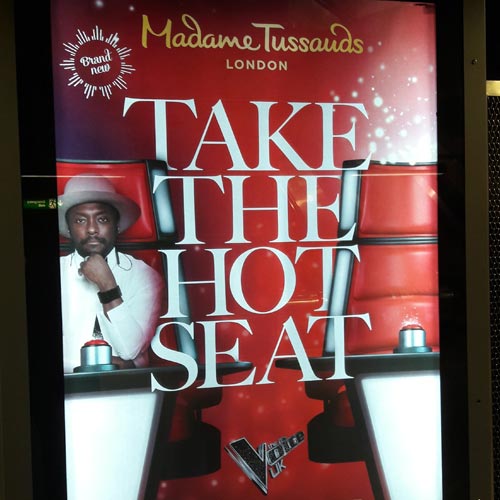
I was reminded that licensing comes in all shapes and sizes this week by a tube advert for Madame Tussauds. They were promoting the ‘official’ Voice UK attraction. Consumers were invited to Take the Hot Seat – I imagine the exhibit is a near replica of The Voice set with likenesses of the judges such as will.i.am who was featured on the advert.
This is a clear signal to me that well known characters and programming brands offer visitor attractions and leisure companies great potential. I expect this to be a growth area for licensing – maybe suiting classic and international programming brands.
I think it is worth licensors and agents thinking about this sort of activity at the get go of their licensing programmes in the same way that they think of toy and publishing deals.
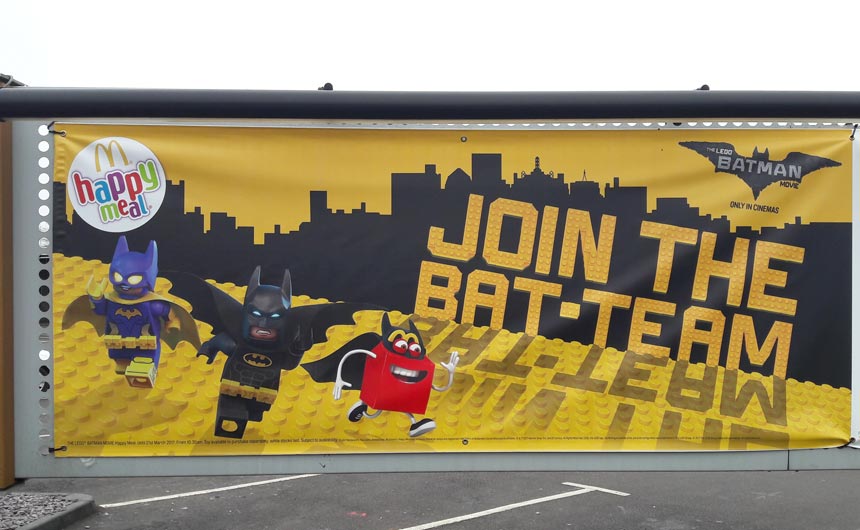
Finally, I was interested to see McDonald’s using The LEGO Batman Movie for their latest Happy Meal promotional offer this week. I didn’t venture inside, but I imagine the collectables associated with this promotion are quite compelling ones.
LEGO and Batman are a powerful combination. I imagine this offer has proved quite a popular one during the half-term period, but is also a reminder that we may all have to think more creatively about how to grow our businesses. I am not sure that ten years ago any of us would have imagined LEGO and Batman joining forces to develop a movie and a licensing programme.
The modern licensing market requires new thinking and an open approach to business opportunities. With this in mind, it is probably good to budget for a few ‘what if’ speculative chats in your new business development programme.
Some of these ideas may be the classics of the future.
Ian Downes runs Start Licensing, an independent brand licensing agency. His Twitter handle is @startlicensing – he would welcome your suggestions for what to look out for.














